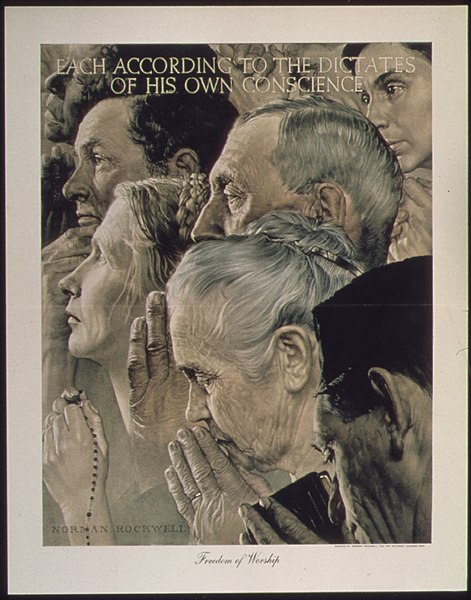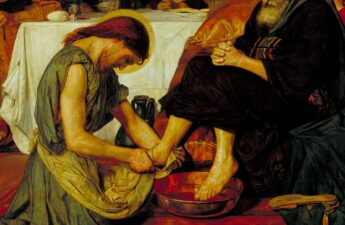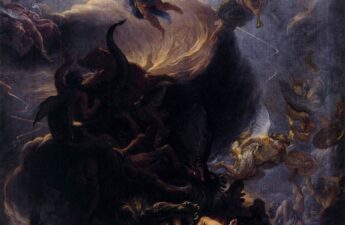Spanish novelist Miguel de Cervantes (1547-1616) is credited with saying that ‘a proverb is a short sentence based on long experience’. Proverbs are often centuries old, providing us with global wisdom’s that have remained relevant throughout time.
The origins of this proverb dates back to 1450 according to ‘Proverbs of Good Counsel in Book of Precedence (EETS)’. This early version says ‘The beste wysdom that I can, ys to doe well, and drede no man.’ An extended version can be found from 1721 in J. Kelly’s ‘Scottish Proverbs’- ‘Do well and doubt no man. But rest satisfied in the testimony of a good conscience.’
To do ‘right’ in itself is a whole discussion.
How do we know what is right? Who dictates what is right and what is wrong? I think the following excerpt would guide us wisely, and speaks especially of the ‘right’ relevant to this proverb. “Peace of heart, what an inestimable treasure! Health of soul, the charm of life, which replaces everything else and which nothing can replace! By what inconceivable blindness do we often fail to notice this? On the one side is peace and even glory…on the other side one finds remorse…The greatest writers have exercised themselves to describe the inevitable torture of remorse; but Persius strikes me especially, when his energetic pen makes us understand how, during the horror of the deepest night, the guilty man, troubled by frightful dreams, led by his conscience to the slippery edge of the bottomless precipice, cries out to himself: I am lost! I am lost! And to complete the picture, the poet shows us the innocent man sleeping in peace beside the tormented scoundrel.”(Joseph de Maistre, St Petersburg Dialogues, 1821)
The champion component of our conscience, is its seemingly sovereign state.
When we do something wrong, we often try to beguile, befuddle and hoodwink ourselves into believing otherwise, and on the surface we sometimes succeed. But our conscience remains- upholding us to a higher standard. We have all seen, heard or read of the character who has continuously ignored what he knows to be right, and whose soul has taken the punishment. Our conscience is the highest part of us. When we ignore and defile it, we begin to rot- suffering profoundly from the pain of a remorseful heart. Although not always clear cut or perfect, our conscience is the best indicator many of us have towards what is right.
With a healthy conscience comes endurable protection.
Not meaning physical protection- we all know people who have done ‘right’ and who have still suffered gravely. But protection of our spirit, our soul- whatever that essential component is that makes us human. This proverb tells us that we have little to fear from another person when we have a clear conscience. That the greatest threat to us, lies in the damage we can cost ourselves in defiling our conscience and splintering our souls. That a person in line with their conscience, secure in their being, is a powerful adversary of fear.




